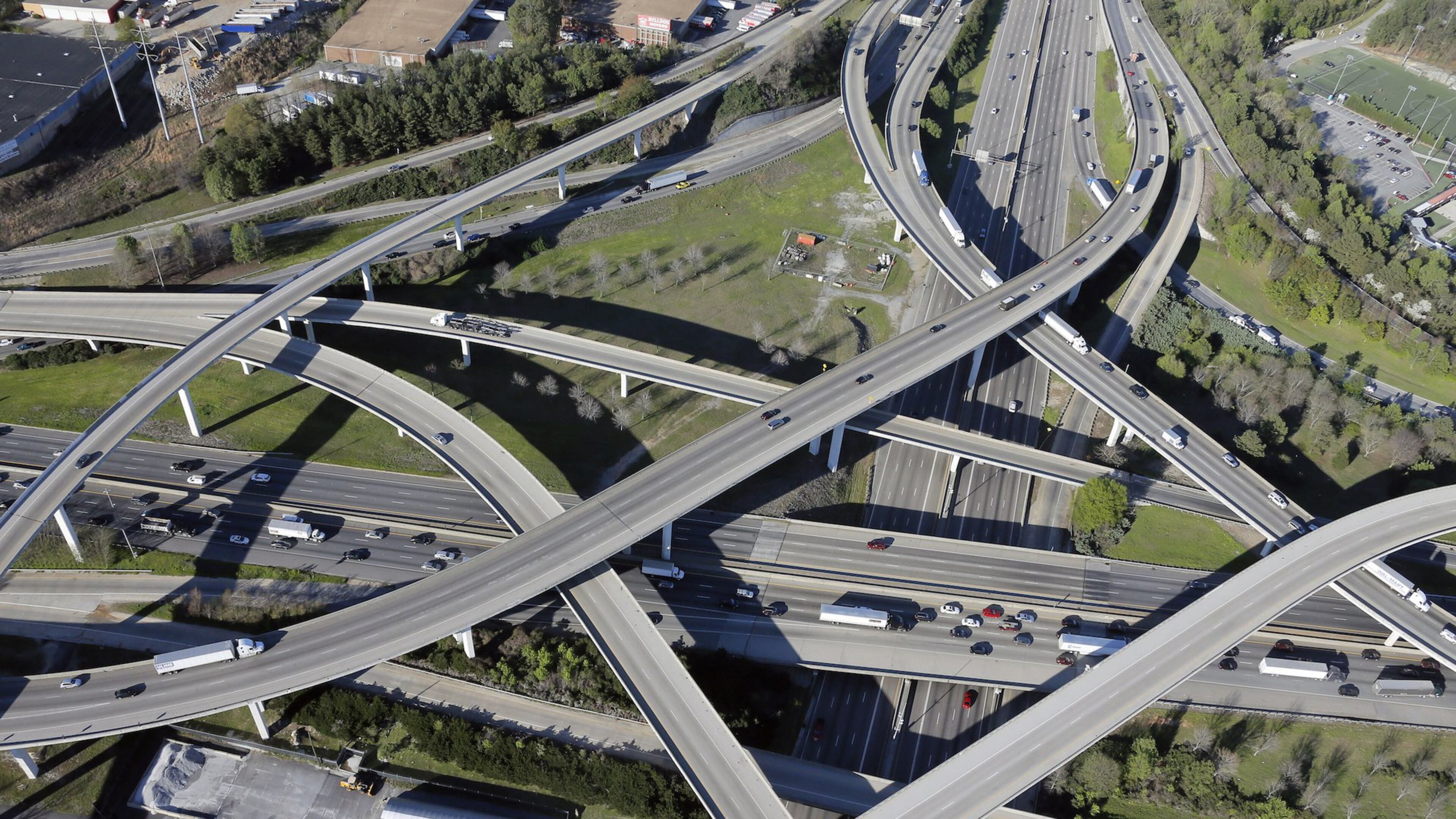Opinion: Ga.’s a model for transportation, infrastructure reform

Infrastructure modernization isn’t something any of us think about until we’re faced with a problem – delays at the airport that cause you to miss a meeting, a congested intersection that inhibits you from getting to your child’s sporting event on time, or, as many Georgian’s grappled with not too long ago, a major bridge collapse that forces you to significantly alter your commute. This week, thousands of community leaders and local stakeholders will converge on Washington for the 2019 Infrastructure Week to discuss innovative solutions that will not only prolong the lifespan of current infrastructure projects, but also ensure committed investments to meet future demands. Republicans and Democrats have an opportunity to come to the table and work towards bipartisan solutions that will make smart, targeted investments in our communities nationwide.
In the last two major infrastructure bills, America made great strides in bipartisan governance, ensuring tax dollars go further and are used more efficiently. We cut federal red tape dramatically by setting hard deadlines, reducing paperwork, and shuttering duplicative government offices; and refocused our priorities on projects of national significance, like moving goods and people more effectively. Congress steered dollars toward technology modernization, and incentivized private investments, allowing Americans to harness innovative methods of relieving congestion, increasing safety, and reducing many of the burdens most folks encounter in traffic.
We saw this improved efficiency right here in our own backyard with the I-85 bridge rebuild. From conception to completion, this project was an example of how streamlined federal regulations and empowered state and local governments running their own infrastructure projects can pay dividends in project cost and time.
As will always be the case, we only have so many dollars to spend on transportation infrastructure, and though responsible reforms are stretching our dollars further, if we want more, we must be willing to fund more. The Highway Trust Fund (HTF) is no longer able to support all the obligations that we’ve placed on it; and responsibly modernizing the HTF’s financing structure is essential if we are to ensure that our surface transportation system can continue to connect us to goods, services, loved ones, and places of employment both today and in the years to come.
To remedy the HTF’s looming insolvency, some in Congress believe that the best solution is to raise the federal Fuel Tax, which is levied on every gallon of fuel pumped and has not been raised since 1993 — two years before the Atlanta Braves last won the World Series! Some 26 years later, cars are getting twice the gas mileage, and more and more alternative fuel vehicles are on the road. HTF revenue should reflect that change. Some simply want to raise the gas tax, while others have argued in favor of replacing the fuel tax with a Vehicle Miles Traveled Tax, a user fee which places the burden of funding our roads proportionally on those who use our surfaces the most. Still other ideas abound. Coalescing around one conclusion that funds the HTF at levels that meet 21st century demands will be a very tough hurdle, and the solution may be a combination of many ideas from both sides of the aisle. But irrespective of the funding stream, I know this: Members of the House Transportation and Infrastructure Committee will not kick the can to the next generation by borrowing more to meet today’s needs. We are committed to responsibly and immediately funding a new bill. America needs a new vision for financing infrastructure, and America needs a new commitment to paying for today’s spending, today. Georgia has led by example on both fronts, and Washington has taken notice.
There are few guarantees in D.C., and partisan sniping on all sides leads many to believe that agreement on big issues is impossible. But I can guarantee this: if we do find agreement on a major infrastructure bill (and I believe we will), it will be because Georgia had the courage to lead and Washington had the good sense to follow.
U.S. Rep. Rob Woodall represents Ga.’s 7th Congressional District.


